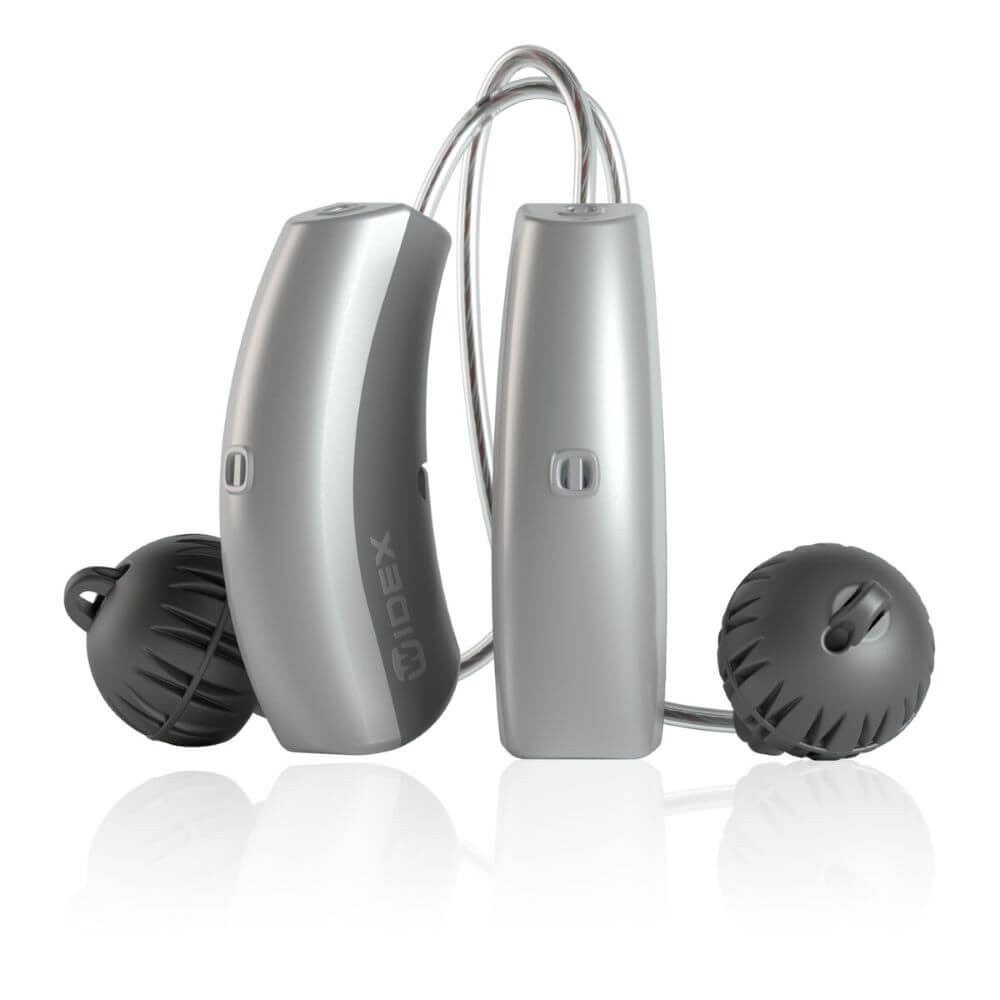
Hearing aids are devices designed to improve hearing for individuals with hearing loss. They can be beneficial for various reasons:
- Improved Communication: Hearing aids help individuals hear sounds more clearly, making it easier for them to communicate with others. This is particularly important in social and professional settings.
- Enhanced Quality of Life: Hearing loss can impact an individual’s overall quality of life. By using hearing aids, people can participate more fully in conversations, enjoy social activities, and engage with the world around them.
- Preservation of Mental Health: Untreated hearing loss has been associated with cognitive decline and an increased risk of conditions like dementia. Hearing aids can help mitigate these risks by improving auditory input to the brain.
- Safety: Hearing aids allow individuals to be more aware of their surroundings, including important sounds like alarms, sirens, and other signals that contribute to personal safety.
- Social Connection: Hearing loss can lead to social isolation as communication becomes more challenging. Hearing aids can help individuals reconnect with family, friends, and the community.
- Professional Advancement: In the workplace, effective communication is crucial. Hearing aids can enable individuals with hearing loss to better participate in meetings, discussions, and other work-related activities, potentially improving job performance and opportunities.
- Educational Benefits: For children with hearing loss, hearing aids are essential for their educational development. They help in hearing and understanding speech, which is crucial for learning language and other academic skills.
- Emotional Well-being: Hearing loss can be emotionally challenging, leading to feelings of frustration, stress, and even depression. Hearing aids can alleviate these emotional burdens by improving communication and overall well-being.
- Adaptability: Modern hearing aids are technologically advanced and can be customized to individual needs. Some have features such as Bluetooth connectivity, allowing users to connect to smartphones, TVs, and other devices for a more seamless audio experience.
- Prevention of Further Deterioration: In some cases, using hearing aids may help slow down the progression of hearing loss by providing auditory stimulation to the brain.
It’s important to note that the decision to use hearing aids should be made in consultation with a hearing care professional. They can assess the type and degree of hearing loss and recommend the most suitable hearing aid based on individual needs and preferences.
